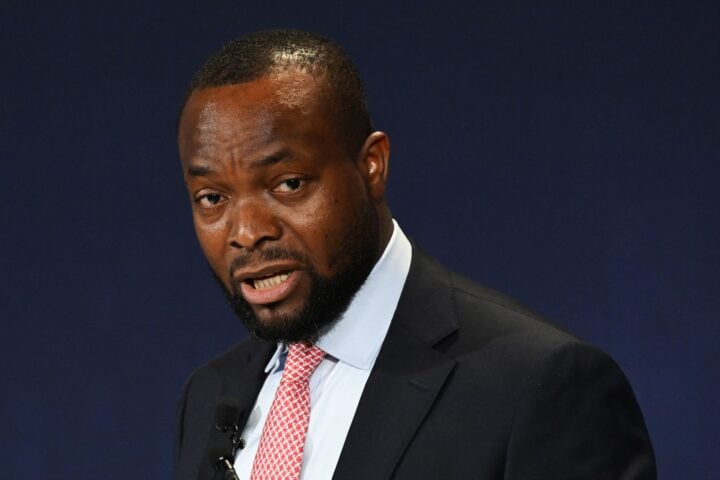Bashir Adeniyi, the comptroller-general of the Nigeria Customs Service (NCS), says the agency’s exchange rate is premised on the official Central Bank of Nigeria (CBN) window for clearing goods.
Bashir made this known on Tuesday during an interview on Arise TV.
He said the customs does not engage in arbitrary increases or decreases in exchange rates.
Adeniyi said the policy of unifying the several exchange rate windows has an impact on how the NCS runs.
Advertisement
He added that the NCS updates its system based on what is shown on the central bank’s official window and does not independently fix its currency rate for goods clearance.
“One of the reforms that has been undertaken is the merger of the various segments of the forex market which has been merged in the very few days of the administration and so this has repercussions and effects on our operations,” he said.
“What it means is that we cannot use rates independently that are not determined or specified through merged windows. What we do is just to update our system.
Advertisement
“It is not about customs increasing the rates. We have nothing to do with whether the rates go up or come down. We follow what is prescribed for us by the regulatory authority for monetary affairs which is the Central Bank of Nigeria (CBN).”
The NCS boss pledged that agency would abide by the administration’s fiscal policy on import and export levies.
He added that the customs would implement the elimination of the 7.5 percent value-added tax on imports of liquefied petroleum gas (LPG) equipment and VAT on steel and electric vehicle imports into the country.
Also, he said the customs has increased its revenues by 37 percent since he assumed office and has set a target of N5.1 trillion in revenues for 2024.
Advertisement
The NCS had announced adjustments to the foreign exchange rate for tariffs and duties on November 12, 2023, — effecting a marginal increase in the rates on the federal government’s single window trade portal.
Reacting to the adjustment, Muda Yusuf, chief executive officer (CEO) of the Centre for the Promotion of Private Enterprise (CPPE), said the decision would have a detrimental effect on various economic sectors, including manufacturing, energy, and consumer confidence.
Add a comment






